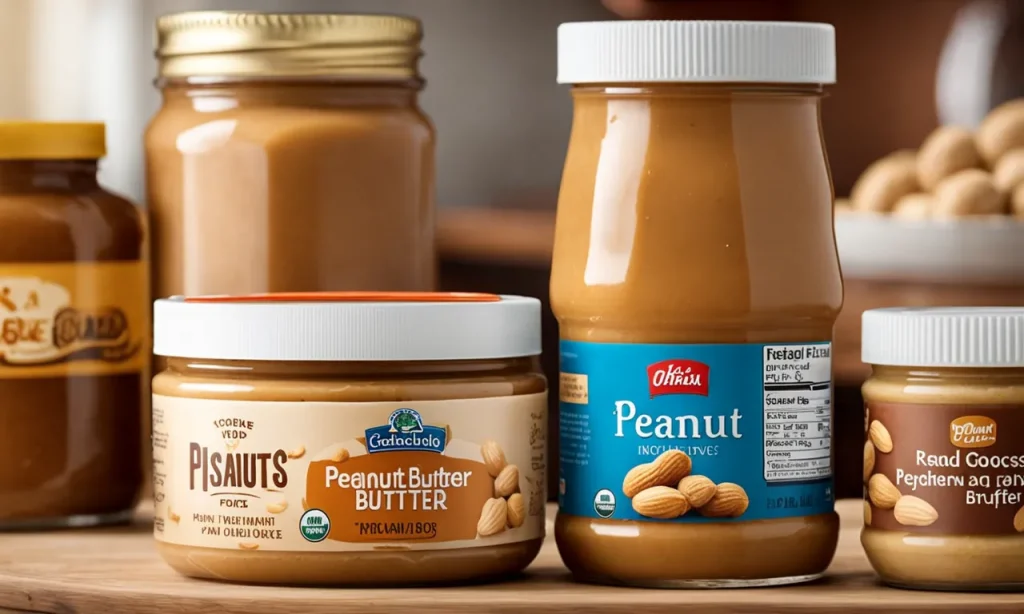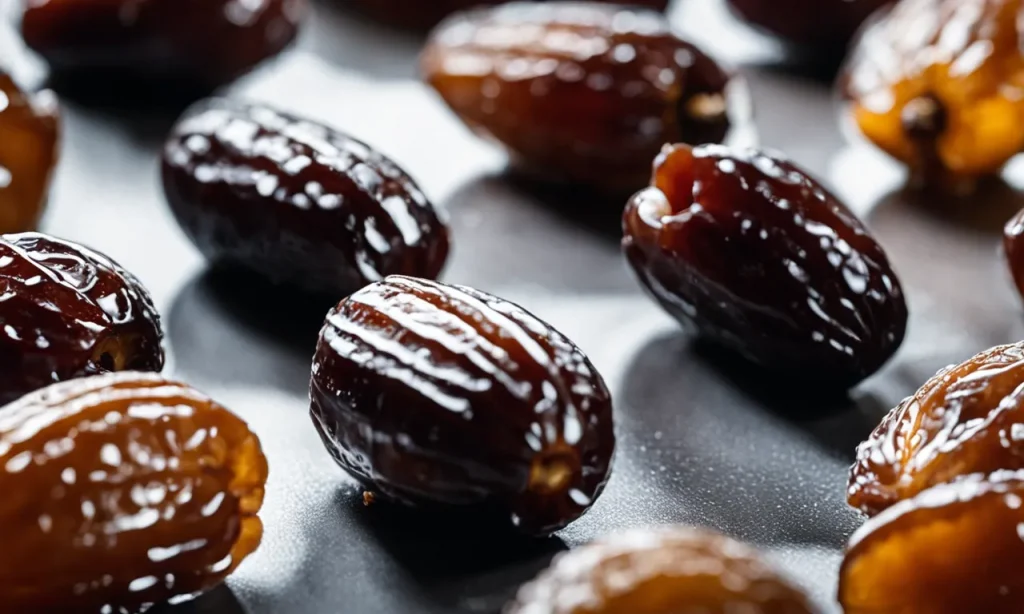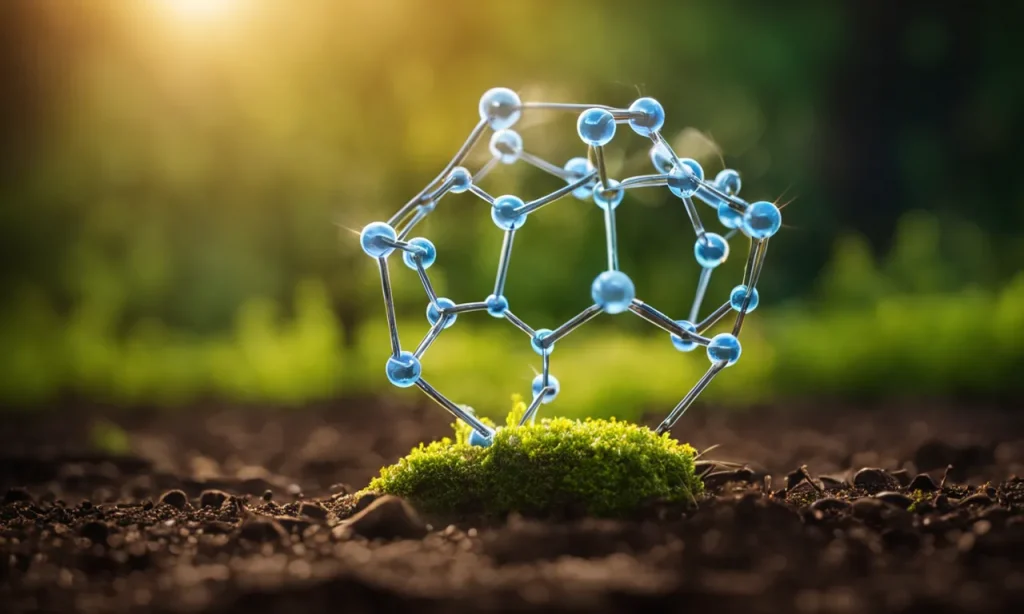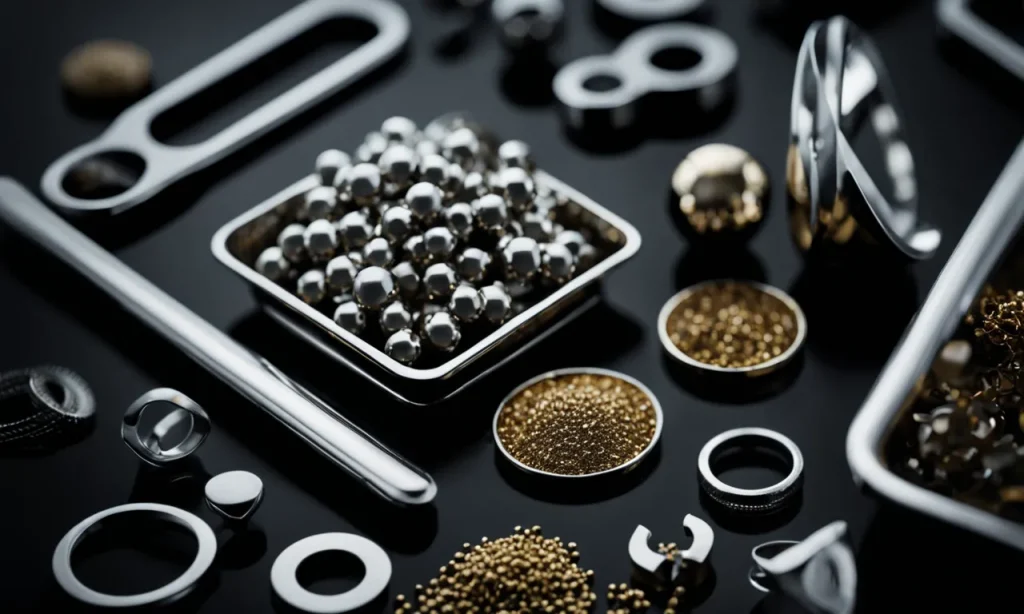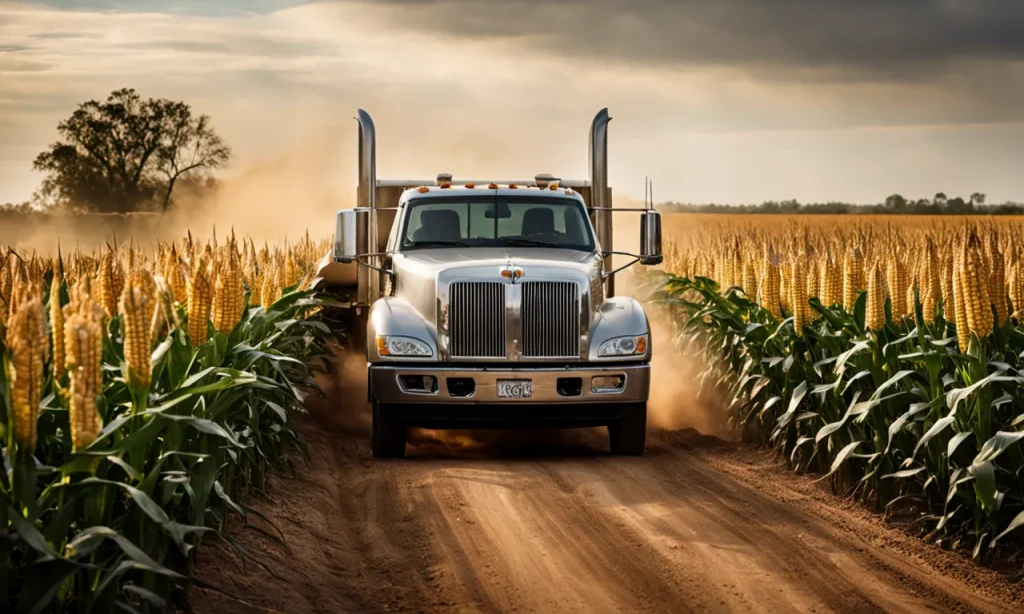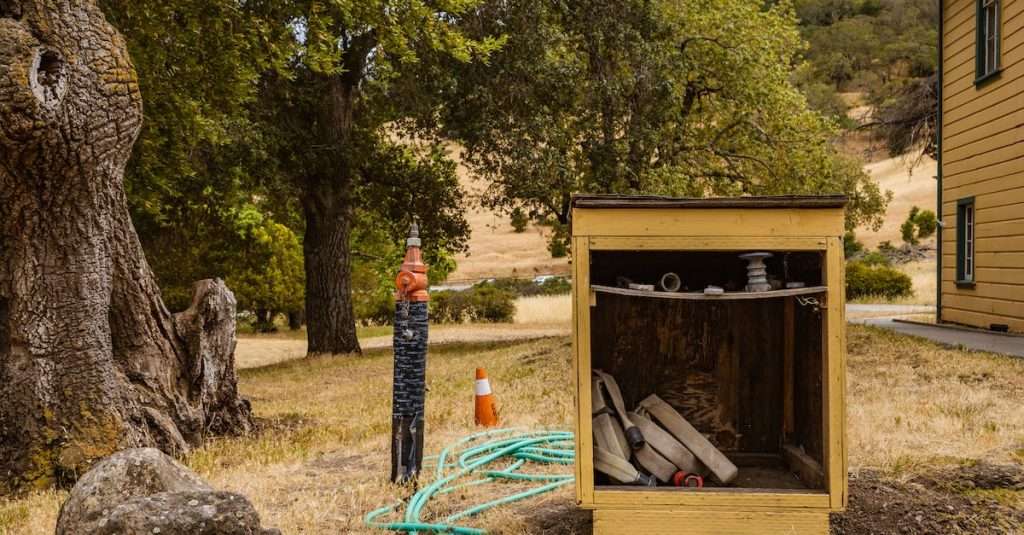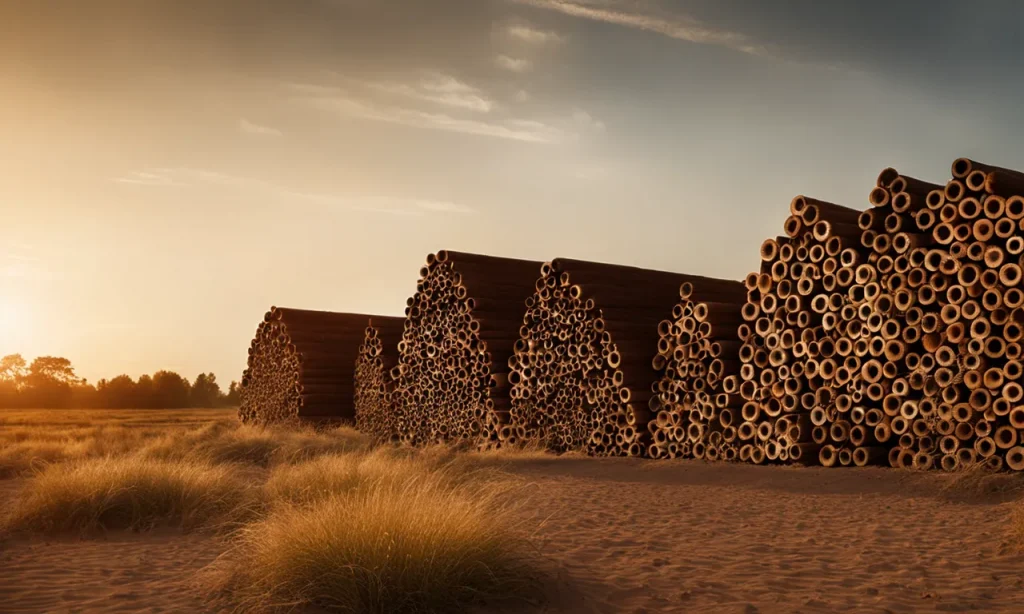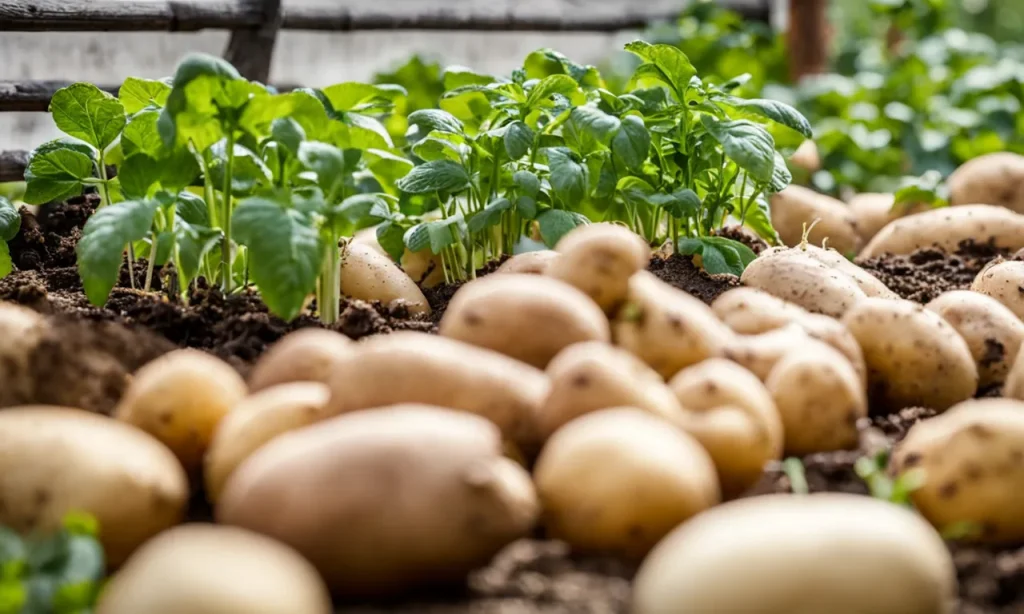Should You Refrigerate Organic Peanut Butter? Everything You Need To Know
Peanut butter is one of America’s favorite foods. With its rich, nutty flavor and creamy texture, it makes a perfect spread for sandwiches and snacks. But one question often comes up with natural peanut butter: should you keep it in the refrigerator or leave it in the pantry? If you’re short on time, here’s a […]
Should You Refrigerate Organic Peanut Butter? Everything You Need To Know Read More »
